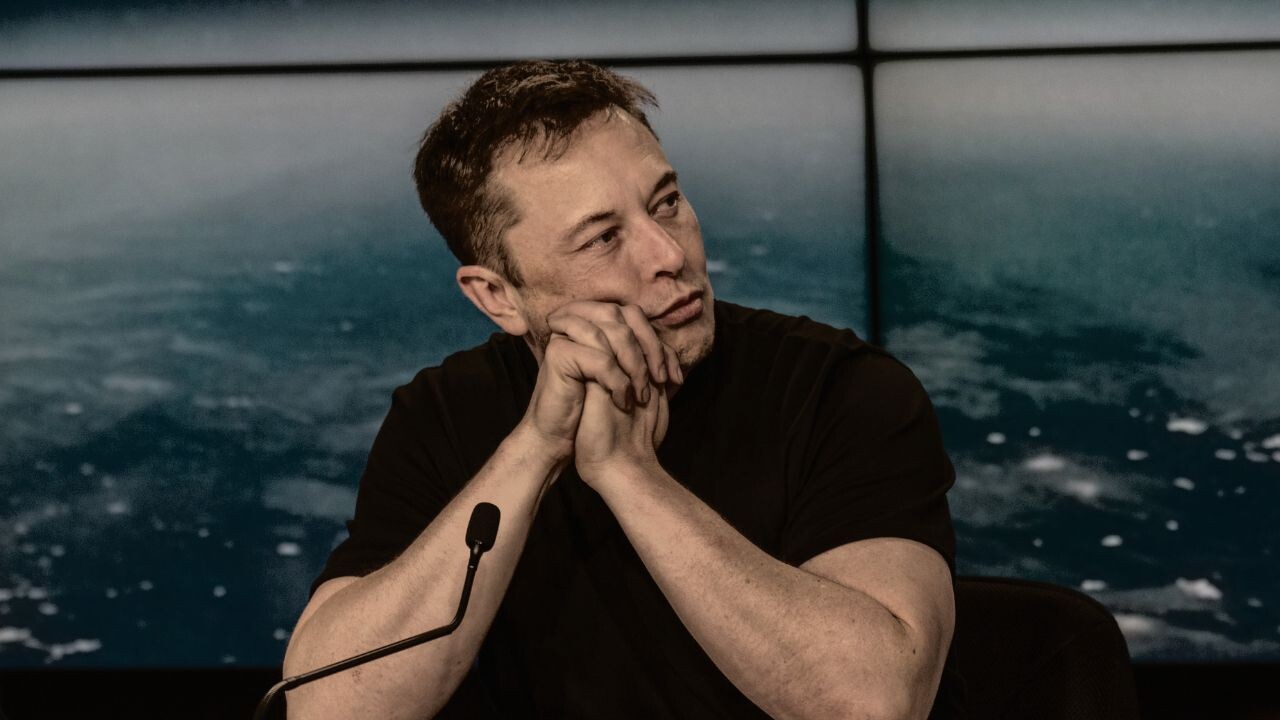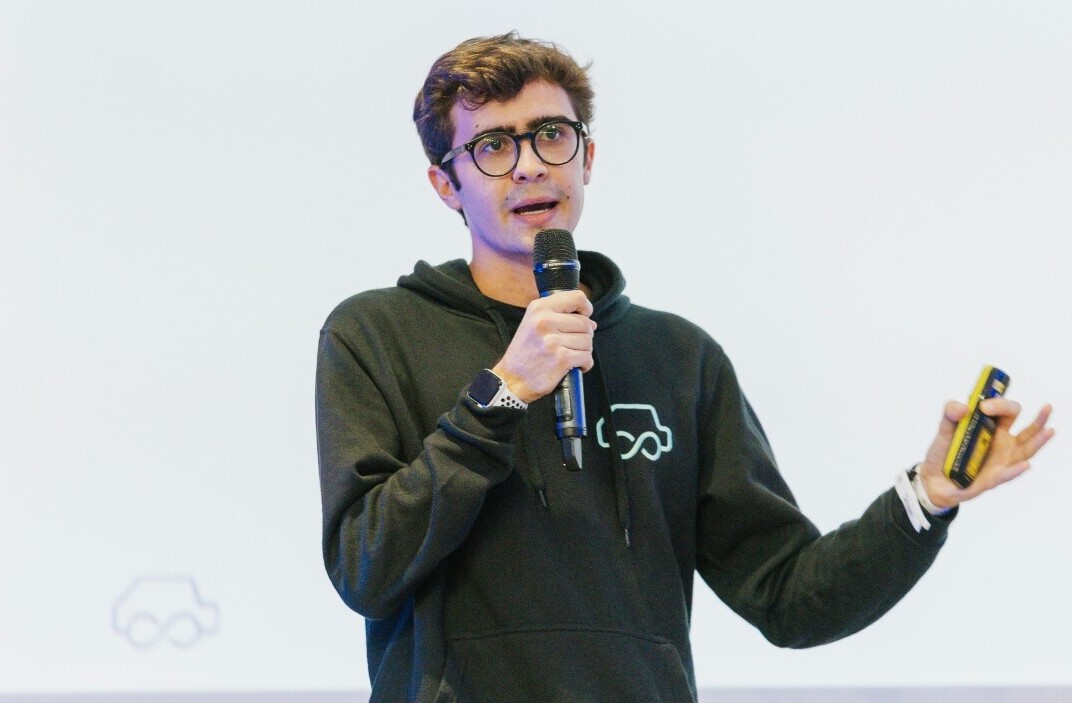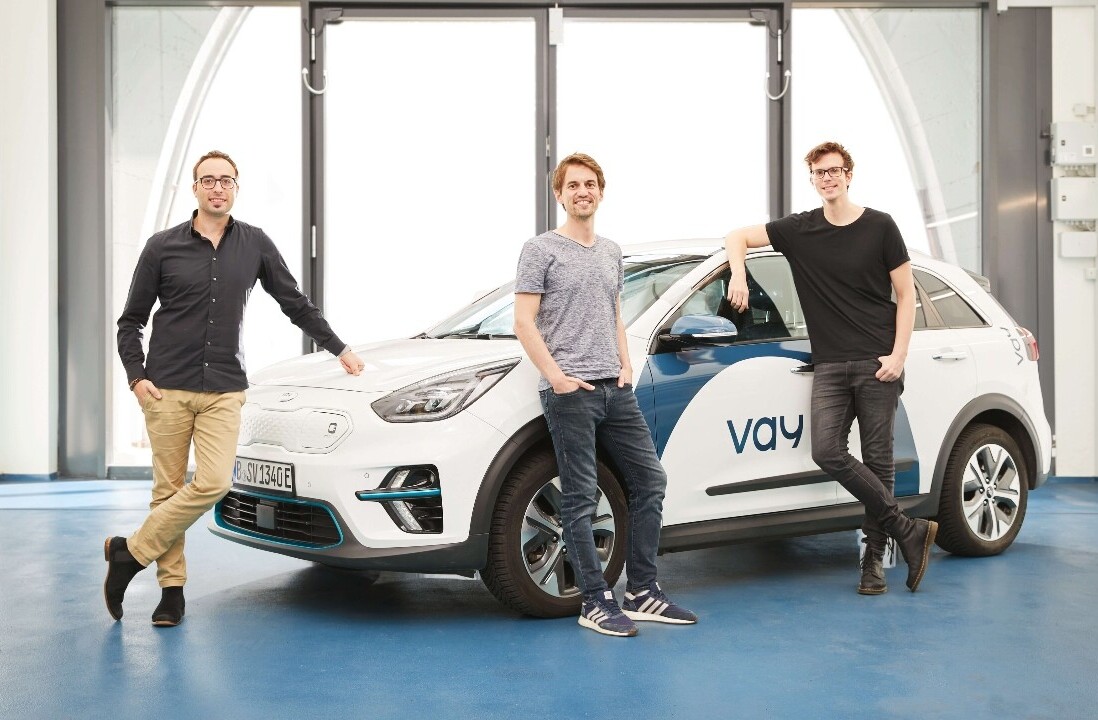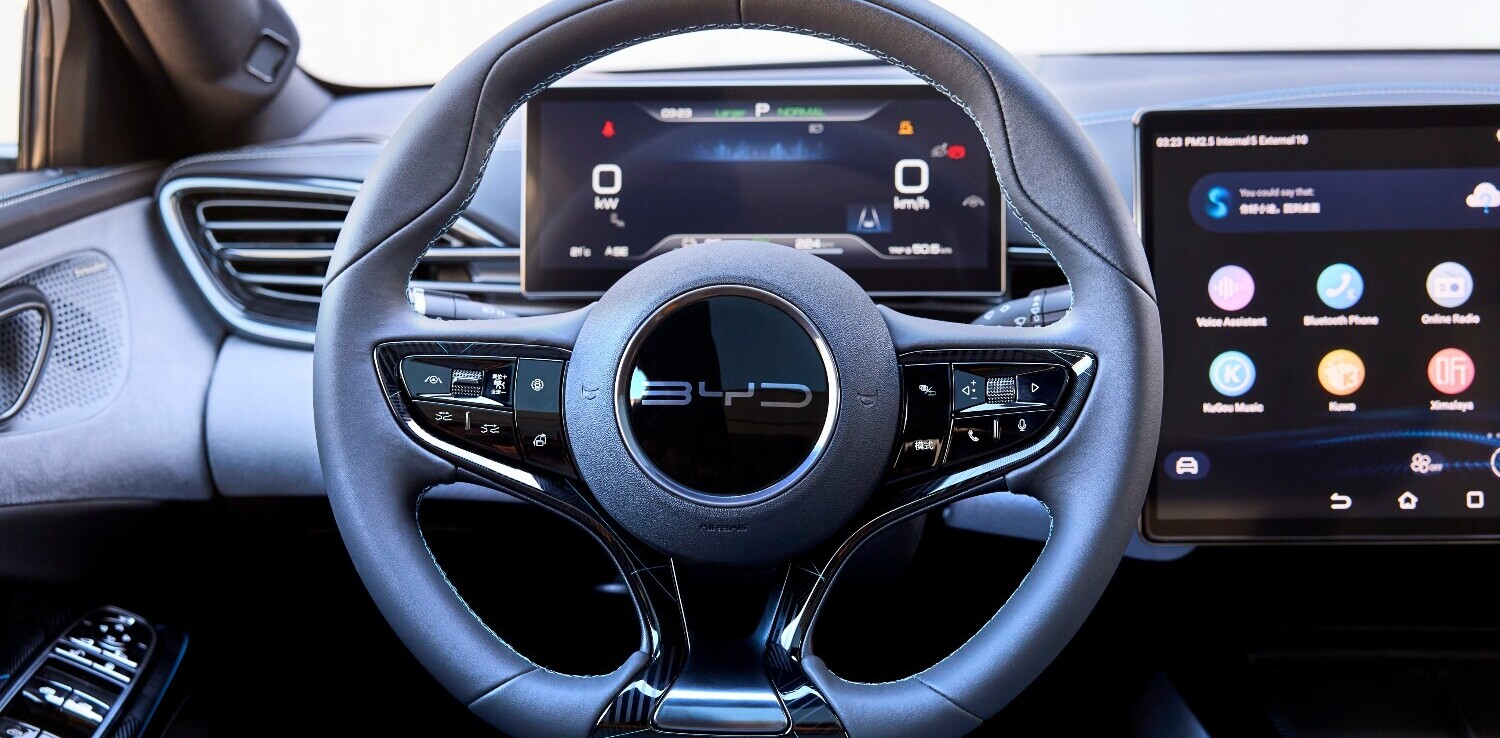Elon Musk’s MAGA politics are fast becoming a mega problem for Tesla.
New registrations of Tesla vehicles plummeted across Europe last month amid widespread boycotts against the EV brand. While broader economic forces are at play, Musk’s role in the Trump administration and his open support of far-right politicians appears to be fuelling his company’s precipitous fall from grace — and gifting rival brands a golden opportunity.
Germany’s transport authority reported that new Tesla registrations in January fell by nearly 60% year-on-year. That’s despite the country’s battery-electric vehicles sector seeing a combined 53.5% growth in sales last month.
Dramatic declines in registrations were also reported in Spain (75.4%), France (63.4%), Sweden (46%), and the Netherlands (42.5%). The dip has been linked to the behaviour of Tesla’s CEO.
“There is no doubt that ‘the Musk factor’ has influenced Tesla’s sales in the same way as his reputation impacted Twitter when he bought it and rebranded it as X,” Andrew Fellows, an automotive industry expert at Star, a market intelligence firm, tells TNW.
Musk, an already divisive figure, has gone on a MAGA rampage in recent months, with the world’s richest man — and the social media platform X, which he owns — fast becoming a mouthpiece for Trump-era conservatism.
In Europe, Musk has openly endorsed Germany’s populist AfD, even hosting an interview on X where he heaped praise on the party’s leader Alice Weidel. At the Trump inauguration on January 20, Musk made a controversial hand gesture, which many interpreted as a Nazi-style salute.
Musk’s actions are either despicable or courageous, depending on whom you ask. But for those who deplore his actions, Tesla — a brand hard to set apart from its leader — is an obvious target.
The backlash against Tesla
On January 23, political campaigners beamed an image of Musk making the Nazi-like salute along with the word “Heil” onto Tesla’s gigafactory in Berlin.
After Musk joined an AfD rally by video call in late January, Poland’s Tourism Minister Slawomir Nitras called for a boycott of the EV brand. In early February, a Tesla showroom in the Netherlands was defaced with swastikas and anti-fascist slogans.
Tesla Gigafactory, Berlin
(In collaboration with @politicalbeauty) pic.twitter.com/xwRUiYX03p
— Led By Donkeys (@ByDonkeys) January 22, 2025
It’s not hard to argue that public sentiment against Musk is souring. However, whether the entrepreneur’s actions are hurting Tesla’s bottom line is harder to measure.
One of the best ways to gauge that is to ask Tesla owners.
In the Netherlands, one in three Tesla drivers want to get rid of their car because of Musk, according to a recent survey. One such individual is Tim Kraaijvanger, the founder of Tesla360.nl, a Dutch site dedicated entirely to Tesla products. In an ironic twist, Kraaijvanger recently sold his Tesla and bought a Polestar instead.
“I do not wish to be associated with [Musk’s] ideology,” he told Wired. “While Musk might get away with a [Nazi-like] salute in some parts of the world, European markets reject such behaviour.”
Musk’s antics could be good news for other EV-makers, as more people like Kraaijvanger jump ship. “It’s a fantastic opportunity for rival manufacturers,” says Fellows.
Among those poised to take advantage is Polestar, the Swedish EV brand. Polestar’s CEO Michael Lohscheller said that the company has seen a spike in enquiries from disgruntled Tesla owners in recent months — and he’s encouraging his salespeople to target them.
“We get a lot of people writing that they don’t like all this,” Lohscheller told Bloomberg News. “It’s important to listen closely to what they say. And I can tell you, a lot of people have very, very negative sentiment.”
Some drivers, not yet ready to part with their Tesla, have begun attaching stickers to their cars bearing messages such as, “I bought this car before Elon went crazy.” Even some of Tesla’s employees want to distance themselves from their boss, according to the Washington Post.
As of today, Tesla stock has fallen 15% in the last month.
“Tesla is developing a serious reputational problem,” says Fellows. The automotive industry expert believes Musk and Trump share around 30% of the blame for the EV maker’s sales decline. He attributes the remaining 70% to “industry factors.”
The blame game
Tesla’s Model Y was Europe’s best-selling car in 2023, but intense competition has challenged the brand’s market share. In 2024, Tesla’s sales declined by 1.1%, its first drop in over 10 years. In September, Chinese automaker BYD became the world’s leading EV brand, thanks to its aggressive pricing strategy.
While Tesla has made modest changes to its lineup in the past few years, rival brands like VW, Renault, and BMW have been rolling out new models, sometimes with lower prices.
Tesla has also been subject to many of the same challenges as other EV makers — slowing demand, supply chain shocks, and decreased subsidies for first-time buyers. But the company also has some unique issues of its own.
“Tesla was already facing several headwinds in 2025 before CEO Elon Musk found himself at the centre of several controversies with the potential to impact the company’s sales volume and profitability,” Peter McNally, senior analyst at London-headquartered research firm Third Bridge, tells TNW.
Musk’s firm has also been busy updating its Model Y, which McNally believes contributed to the sales drop as customers wait for the latest model before upgrading. The refreshed Model Y is set to go on sale in the US next month.
Musk’s antics couldn’t have come at a worse time for Tesla, as it grapples with intense competition, an ageing model lineup, and a wider slump in demand for electric vehicles.
Tesla’s reputation in Europe now largely hinges on its CEO — unless the company decides to oust him.
Get the TNW newsletter
Get the most important tech news in your inbox each week.





